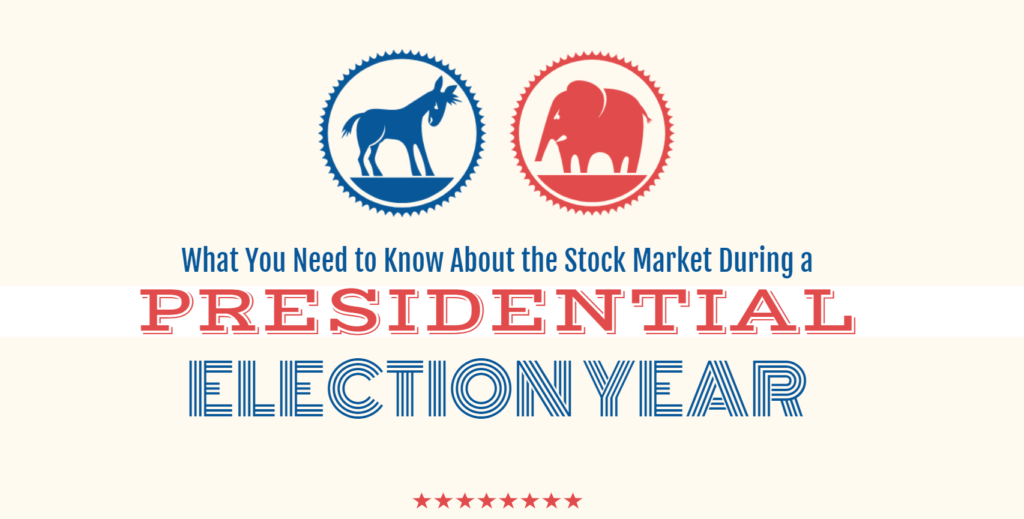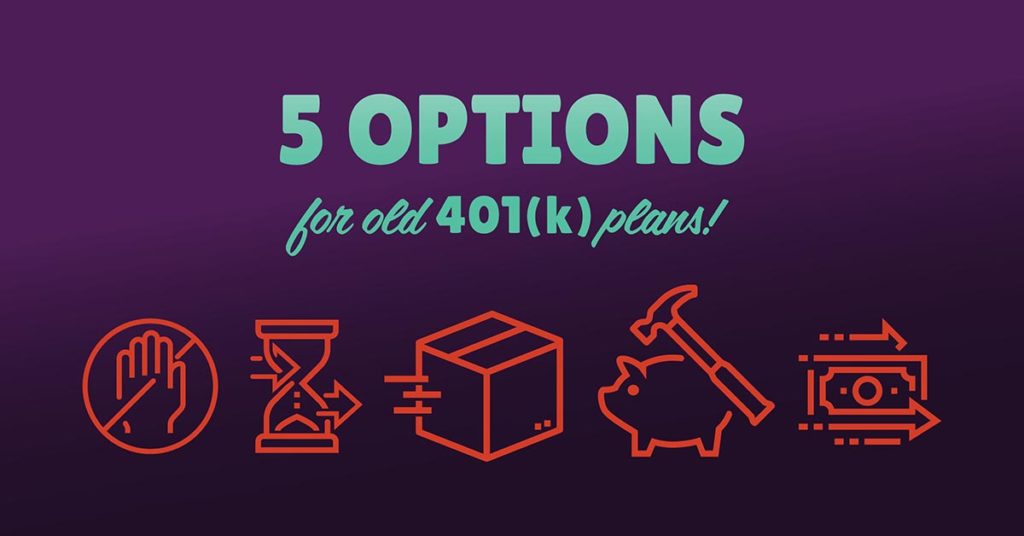With the presidential election still too close to call, we wait.
While we wait, let’s think about what we do know, and what we expect given the current information.
What we know:
ONE: Policy has a greater impact on markets and economies than politics does.
TWO: Republicans will probably maintain control of the Senate. This means there will most likely be divided government no mattter who ultimately wins the presidency.
What we expect:
An extrememly narrow Biden electoral win.
However in either scenario, a Trump or Biden win, there will be divided government.
It is very unlikely to see any major legislation enacted over the next two years.
Obamacare and the Tax Cuts & Jobs Act were both passed when one party held control of Congress and the Presidency.
No other major legislation has been passed in the last 12 years and that is unlikely to change in the next two years.
Both candidates will try to pass fiscal stimulus.
Both candidates will continue to increase the national deficit and debt. This could prove inflationary in the longer-term.
Both candidates might have to deal with the fallout of Obamacare should the Supreme Court deem it unconstitutional.
The President has the most power dealing with foreign policy, and that is where we will see the biggest changes with a Biden victory.
Sincerely,
Wyatt Swartz
Financial Adviser, RIA
W. Swartz & Co.
(636) 667-5209 | www.wswartz.com
11/4/2020

Presidential election years bring a lot of uncertainty and stress. And that’s not just for the candidates who are running.
In fact, during the 2016 election cycle, one study found that at least 50% of Americans were more stressed out because of the election. And this was true across all party lines.1
So, why does that matter?
Because stressing about election uncertainty can affect your mindset and trigger emotional investing decisions.2
The good news is that you can avoid the frenzy around the upcoming election—and the stress and poor financial choices that may come with it—if you know the facts about the markets during presidential election years. Knowing these facts can help you keep a level head no matter what the outcome of the next election is.

- FACT ONE: Past performance does not predict future results. That is, what happened in markets the last time a party was in the White House may not happen in the future.
- FACT TWO: Technology innovations, interest rates, and business profitability may have a greater influence on the market and the U.S. economy than presidential election results.
- FACT THREE: The S&P 500 has been positive in 16 out of 23 presidential election years since 1928.
- FACT FOUR: Since 1952, the Dow has increased an average of 10.1% in election years with a sitting president running for reelection.
- FACT FIVE: When it comes to the stock market and investing, it really doesn’t matter which party wins. Normal variations in market returns eclipse any minor differences from president to president.
- FACT SIX: Long-term investment success depends more on the strength of the U.S. economy than the party in the White House.
- FACT SEVEN: The S&P 500 has an 86.4% success rate at predicting a White House win. Historically, if markets were down in the 3 months leading up the election, the incumbent often lost.


It’s no secret that presidential election years are uncertain times—and that investors and the stock market like certainty.
It’s also no secret that the stock market is influenced by several factors—and that a presidential election may not even be the most significant one.3
Of course, it can be easy to get caught up in campaigns, politics, and elections. And they do matter. Just not as much as you may think when it comes to investing.
Unfortunately, too many people let ideas about who could win office—and what they’ll do when they get there—run wild. And that can mean more stress and anxiety that overshadow sound investment choices and strategies.
In the end, stressing about the “what ifs” of the election just isn’t productive. As a financial adviser, I’ve seen how elections can fuel investors’ stress and lead them astray when it comes to their financial choices and their long-term goals. I also know how helpful it can be to have a sounding board when emotions run high. That’s why I’m here.
So, while the excitement of the election can be great inspiration to vote, don’t let it drive your investment choices. And, remember, whatever happens on November 3, 2020, life will go on. Instead of stressing about the “what ifs,” give me a call. I’m here to support you, and I can help you create a personal financial strategy for the election year and beyond.
Wyatt Swartz | Financial Adviser, RIA

Should you leave it where it is?
Move it?
Roll it over?
I’m talking about that old 401(k), 403(b), or 457 plan that’s been sitting untouched after you left an employer.
(If you’re facing retirement, it’s even more critical that you make the right decision.)
Employer plans are designed to be “one size fits most” based on what the employer feels will benefit their employees the most.
So when you leave, change employers, or transition into retirement, it’s up to you to re-evaluate your plan by asking yourself,
“Is my old employer plan serving me the best way I believe it should?”
If you don’t have the answer yet, that’s OK.
This FREE guide will help you get the answer that makes the most sense for you.
By reading this short guide (about 5 minutes), you’ll see a list of the 5 options available to you when it comes to your old 401(k), 403(b), or 457 plan.
Each option highlights the pros and cons so you can get crystal clear on what steps you should take next (if any).
You’ll also learn how to avoid accidentally making your retirement account permanently taxable.
When you’re done reading, can I ask a favor?
“Reply” to this email and let me know which of the 5 options you feel is best for you.
Or if you have questions, you can call my office at (636) 667-5209 and I’ll happily answer them during a private consultation.
Read Now: What Should I Do With My Old 401(k) or Employer Plan? A clear guide to your options for 401(k), 403(b), and 457 plans (including how to avoid a surprise tax bill or IRS penalties that could put you in the crosshairs)
Sincerely,
Wyatt Swartz
Financial Adviser, RIA
W. Swartz & Co., LLC
